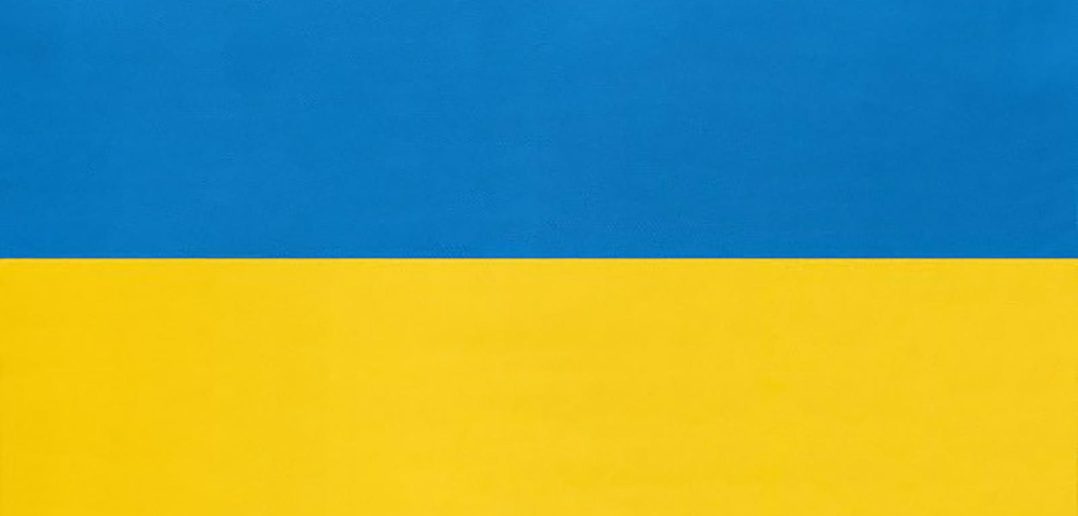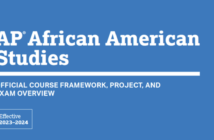By Jenn Arias ’23
Staff Writer
On February 22, 2022, Russian President Vladimir Putin sent military troops into Ukraine to invade, bomb, and capture the country by any means necessary. In what is quickly becoming a third World War, Ukrainian citizens are abandoning their homes and fleeing to surrounding Eastern European countries out of fear for their lives.
After almost a month of violence, Russia is still raining down bombs on populated cities and towns. The “United Nations’ top court in The Hague has ordered Russia to halt military operations in Ukraine,” and Ukrainian President Volodymyr Zelenskyy calls for a no-fly zone over Ukraine, and more assistance from the United States Congress, according to National Public Radio (NPR).
In the midst of the chaos resides Maksym Muratkin, a 35-year-old citizen of Kyiv with a master’s degree in political science and philosophy under his belt. As co-owner of KPYK Industries LLC, which specializes in small arms upgrading, he has utilized his knowledge, experience, and love for his country to resist this invasion and fight back for his right to freedom.
On February 27, 2014, Russian military forces moved into Crimea as a show of force against Ukraine. With 150,000 troops, fear rose about the territory being cut off from the rest of the country, which would cause severe issues as Crimea is dependent on Ukraine for water, gas, and electricity. This is widely considered the beginning of the entire conflict.
Eight years later, Ukraine is contingent on its citizens to assist its armed forces. Muratkin felt a pull to support his country and was mobilized with the UA Armed Forces from 2015 to 2016.
In the last decade or so, “nothing has changed,” Muratkin said. “We have been helping the army for eight years, now we just have more work to do. We haven’t had rest and time to sleep.”
In the past month, women and children have evacuated, but men between ages 18 and 60 were requested to stay behind to fight and were provided the firearms to do so. To be separated from loved ones in wartime is terrible, but to stay behind with only uncertainty and exploding shells as your companions is absolutely terrifying. Muratkin has seen combat “300 meters from my house.”
“I hope you will never be in our shoes,” he says. “I can’t explain in words what rocket fire is. I’m not talking about single terrorist attacks, I’m talking about large-scale battles involving thousands of soldiers and the work of artillery nearby. It is very dangerous and scary.”
Believe it or not, Russia and Ukraine have actually been at odds with each other since the countries were established, in what Muratkin calls “a war for the birthright.”
In an American education, we learn that George Washington was our first president. Growing up in Kyiv, Muratkin learned the capital was founded in the fifth century by Yuri Dolgoruky, the son of a Great Prince of Kyiv, Volodymyr Monomakh, and is considered the “mother of all Russian cities,” he says. Dolgoruky also founded Moscow in the twelfth century.
“The wars began when Kyiv princes founded Moscow,” Muratkin says.
The name Russia was only introduced in 1721, roughly 1,200 years after the founding of Kyiv. Before then, the state had been called Mostkovia and the territories we recognize today as modern Ukraine and Belarus were called Russ and Lithuania, respectively. Later on, concepts of Little Russia, Belarus, and Great Russia, will be formed. This makes Russia as we recognize it an extremely young country.
“The Russians are trying to appropriate the entire history of ancient Russ,” said Muratkin. “Although it sounds a bit unbelievable, today Russians are trying to hide real history from the world and just appropriate ours. It’s very important to understand the historical reason of this war.”
A fight for control of land and the best resources has begun to mutate into a full-on genocide of the Ukrainian people.
“The horrible thing is the main goal that was claimed by Putin is denationalization of Ukraine. In other words, they declared the main goal is to destroy the Ukrainian nation,” Muratkin says. “This would mean the extermination of the Ukrainian nation. So unfortunately, it will be a war till the last soldier. Ours or theirs.”
The patriotism of this country is astounding. The resilience and determination are nothing short of heroic. The Ukrainian citizens are standing up and saying enough is enough, we deserve our freedom, and we deserve it now.
President Zelenskyy and commander Valerii Zaluzhnyi have surprised the people with their management of the violent situation.
“Unexpectedly, [Zelenskyy] has proved to be a good leader for wartime,” said Muratkin. “His main achievement is that he does not enter the command of the troops. Our troops are commanded by Zaluzhnyi and, so far, he is coping with the defense of the homeland very good.”
The Ukrainian passion has been insurmountable and inspiring. Many countries across Europe that are involved in NATO have sent military or arms assistance including France, the UK, The Netherlands, and Germany, to name a few. President Biden has approved an emergency spending package that would aid Ukraine with $13.6 billion.
However, not everyone is backing the underdog on this one. Countries that were once part of the Soviet Union are committed to standing with Russia. Cuba is sending its support to Putin as a close ally to Russia, and Chinese president Xi Jinping is eager to accelerate their standing with the invaders.
Under the constant menace of invasion, a direct threat to freedom and safety, Ukrainian citizens are resolved to finish this lifetime battle once and for all, to claim what is rightfully theirs and live independently and free.
“We constantly feel,” Muratkin says, “and we understand that today we are the end of the spear of the free world. And we would very much like a little more help from the rest of the free world. We do not understand why everyone is so afraid of the Russians. We have defeated them before and will win now.”
While there have been some whispers of a cease-fire, all is quiet from Putin. But it’s pretty clear what his intentions are, even if it costs them everything. The debt rate raising, complications with gas and oil, all of this does not seem to deter this dictator from his desires.
When asked if the citizens have any message for Putin, Muratkin replied: “Nothing, no words will help here.”
Despite all the hardships, living in daily fear, and a constant uncertainty about the future, the Ukrainian citizens seem hopeful. They know what their strengths are. It seems like one way or another, whatever involvement it may take, however much it may cost everyone, this may be the last time Russia and Ukraine are at war. And Ukraine is never going to give up.
“In addition to militancy, we are also very freedom-loving,” says Muratkin. “We do not tolerate usurpation of power or neglect of our rights, so we are not on one way with Russia. In our hymn there are the words ‘we will give body and soul for our freedom’ and these are not just words.”


